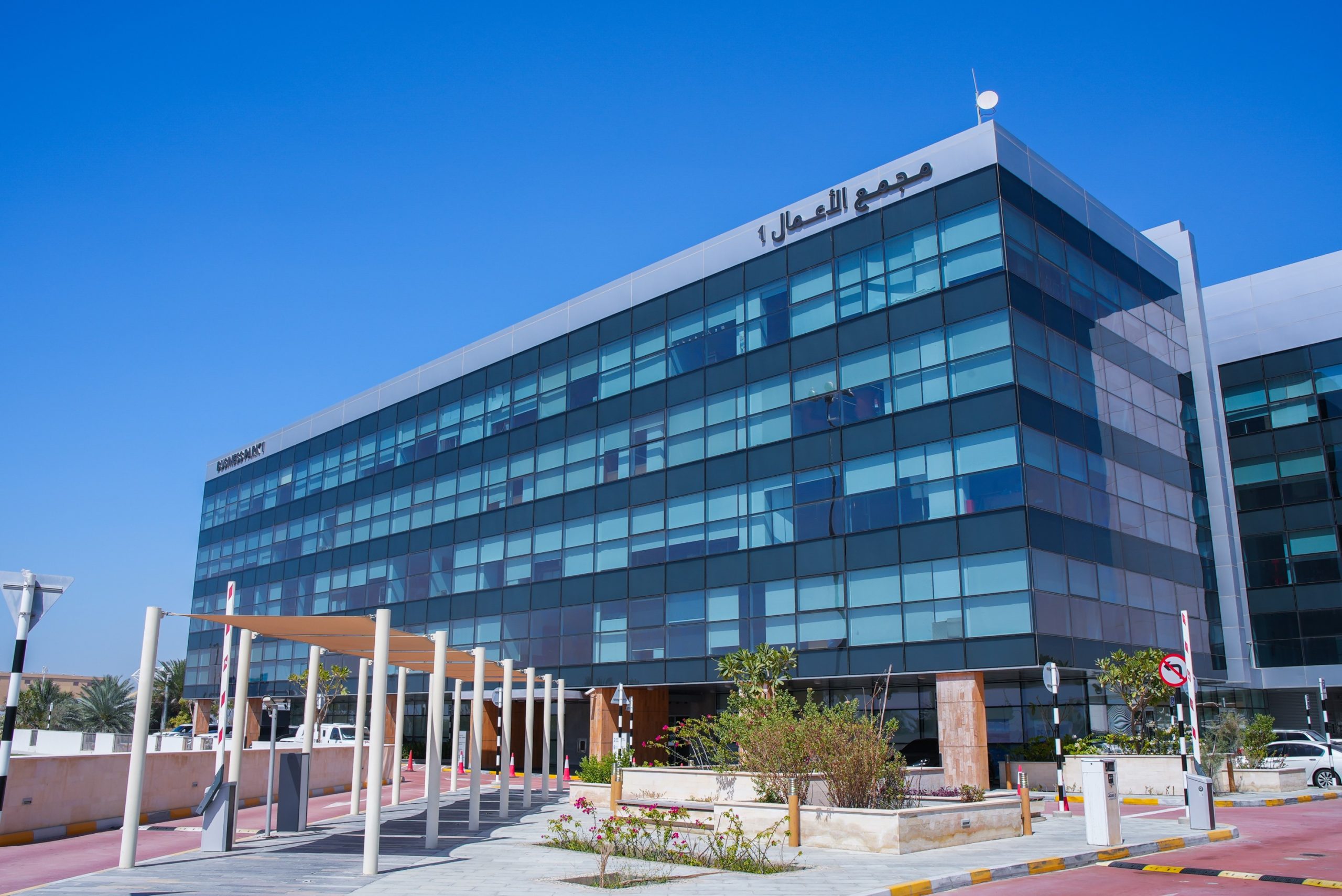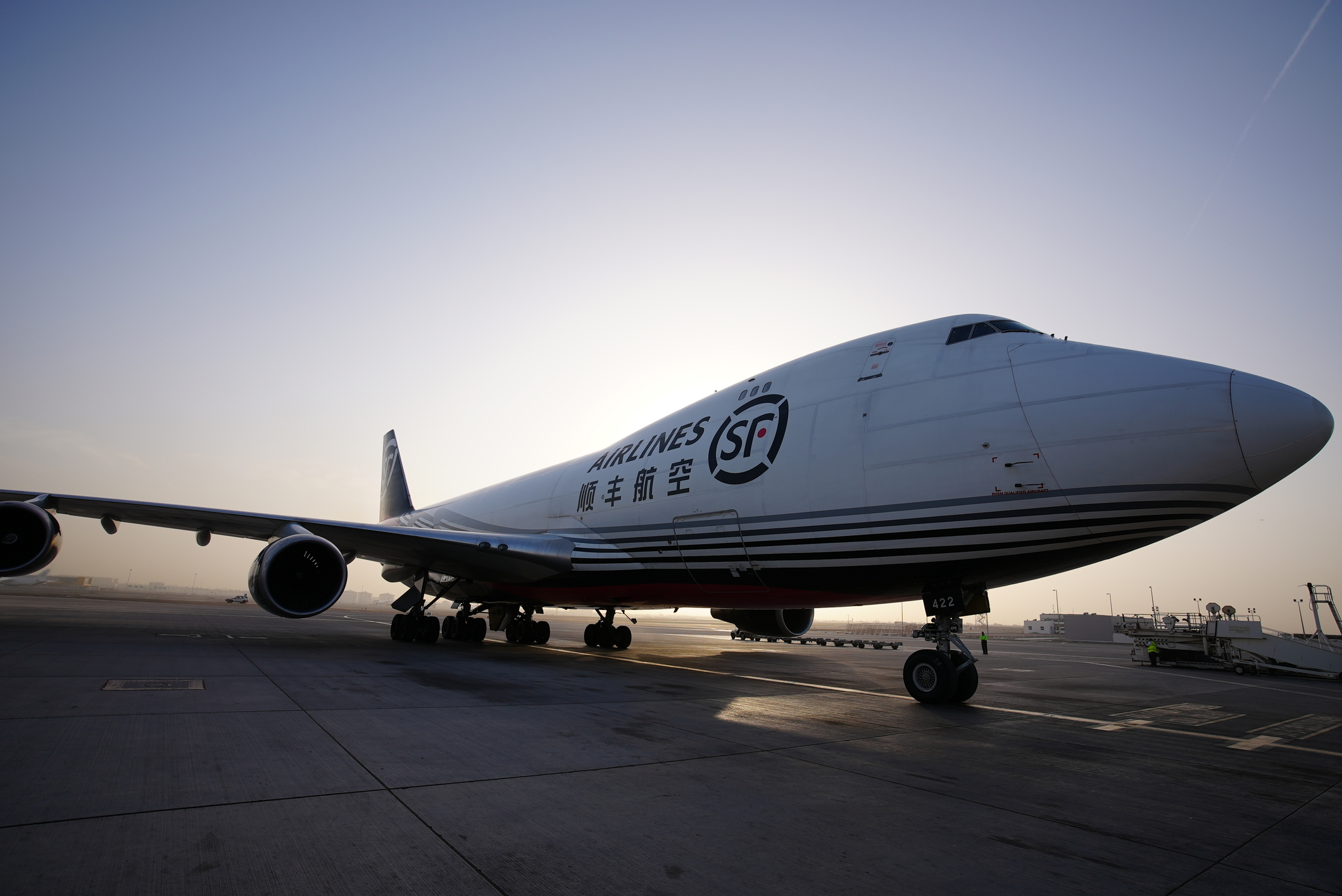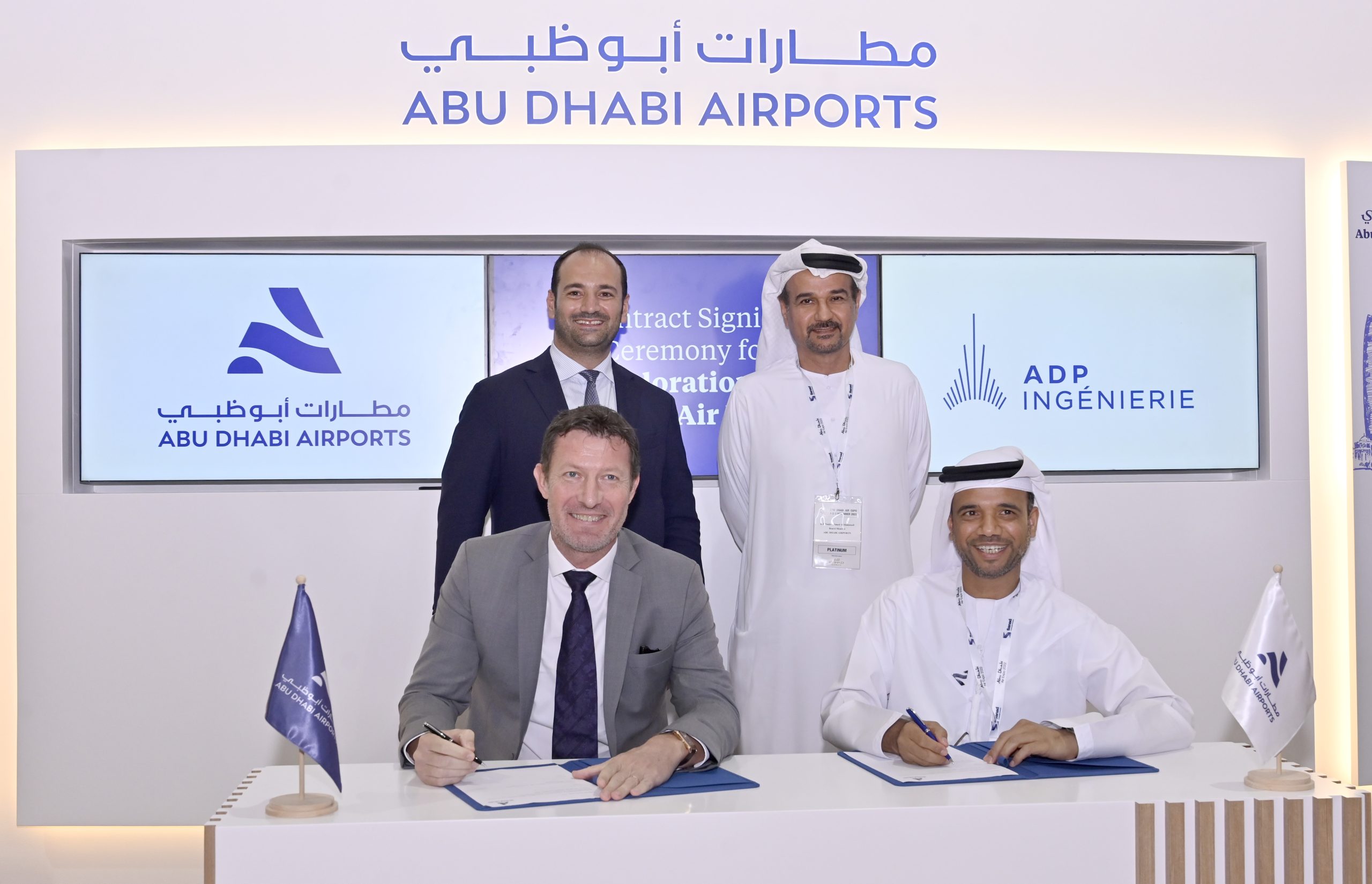Robert Sutton, Senior Vice President, Freezone, Cargo and Logistics at Abu Dhabi Airports shares his insights on the air cargo industry, Abu Dhabi Airport Free Zone, and more…
- According to you, how is the air cargo industry shifting post-COVID-19?
The air cargo industry is certainly evolving in today’s post-pandemic era. We know air cargo capacity was negatively impacted by widespread travel restrictions and route disruption during COVID-19. However, air cargo was pivotal in ensuring equitable vaccine access throughout this period. Post covid we have seen an increase in both air and ocean capacity resulting in a knock-on effect on rates and demand.
Another pandemic-related impact on the industry is an increased awareness of supply chain risks and the need for mitigation through the easy adoption of multi-modality solutions. For air cargo operators, partnerships and collaborative ventures with other logistics providers are becoming increasingly important, and airports have an instrumental role to play by ensuring that services, assets, and solutions continuously support & facilitate multi-modality.

- What are the current key driving pillars in the air cargo industry?
We see various key pillars driving today’s air cargo industry. New partnerships and greater capacity are one formula driving the latest industry trends, primarily as regional and international organisations focus on route and asset optimisation. Air cargo growth is also driven by asset & route strategies as the operators seek to leverage new alliances, multi-modal options, and harmonised trade. Digitalisation and technology use is also critical in helping shape and drives the industry.
- How is Abu Dhabi Airport adopting digital transformation?
As a leading airport operator, we work closely with our partners, stakeholders, and the wider industry to ensure our digitalisation strategy fulfils its potential and creates new value for those we serve. Partnership investments and embracing the latest technologies are at the forefront of these efforts, as has been proven by a series of digital transformation-related activities in recent years.
For example, we began trialling a new enhanced ‘Smart Travel’ system in 2020 alongside Convergent AI to shorten queues, streamline processes and deliver more seamless passenger experiences at Abu Dhabi International. AI and big data have been fundamental behind our success in accomplishing these goals in the years since, whilst recent activities further underscore our long-term digital transformation commitment.
In November 2022, we signed a Memorandum of Understanding (MoU) with leading French engineering and operations firm Groupe ADP to explore the potential of Advanced Air Mobility (AAM) in Abu Dhabi, whilst another example pertains to Abu Dhabi Airports Free Zone (ADAFZ). To further complement our air cargo offering and support our partners, we are rapidly scaling up our Free Zone logistics facilities and services, leveraging the latest technologies in design and operational elements.

- What sustainable initiatives have been incorporated to celebrate the ‘Year of Sustainability’?
We are proud to have an evident focus on sustainability across our entire operational scope, which is one of our brand values and guides our efforts to reinforce Abu Dhabi’s commitment to sustainability by implementing global best practices and related initiatives. One of the latest initiatives is using Carbon Credits, which rewards our partners based on the efficiency of their processes and their success in minimising their carbon footprint for environmental purposes.
- What are some of the recent developments at the Abu Dhabi Airport Free Zone?
Recent months alone have seen various vital developments within our Free Zone, all of which create additional value and will benefit companies that take the opportunity to work within our free zones and expand their business. We have made tremendous progress in the final stages of our cargo village and terminal rehabilitation project. This project is part of our expansion strategy to increase cargo capacity, enhance operational capabilities and equip our facilities with upgrades that meet the latest aviation industry standards.
We have also made our commitment to strengthen commercial bonds and explore global collaboration opportunities publicly. This past November, we welcomed a delegation of international investors to our premises to drive progress in this direction whilst we are also collaborating with multiple specialist partners to expand our range of support products and services. Covering a broad range of areas such as carbon offset, trade financing and trade digitalisation, these form an evolving part of our offering designed to help facilitate employment, streamline processes and add value to our partners.
Most recently, we reported a two-fold increase in leased-out spaces and properties, including commercial areas, land development plots and administrative facilities. Our 256% increase in annual leases reaffirmed our status as a unique preferred business destination for local, regional, and international organisations from various economic sectors.
- How is Abu Dhabi Airport Free Zone facilitating business in alignment with AD Vision 2030?
First and foremost, our focus is on ensuring that we understand our client’s business requirements and provide them with the essential support they need, which is a central part of our efforts to continuously align with Abu Dhabi Economic Vision 2030. With airports’ free zones, business parks, business centres, one-stop-shop services, and a logistics park all under our jurisdiction, these have helped us establish a dynamic business community that fully aligns with the emirate’s economic vision.
Whilst continuously developing our free zone and facilities, our organisational structure attracts a diverse client base, and we are now home to businesses from a wide range of sectors, including aviation, logistics, e-commerce, ICT and more.
In line with the ambitions of Vision 2030 and our internal strategy, we are also building the Midfield Cargo Terminal, a state-of-the-art 60’000 sqm facility designed to drive economic diversification and development by accommodating all forms of air cargo, including temperature and environmentally sensitive products.
- What are some of the challenges that you are currently facing?
Much like many areas across the supply chain ecosystem, the air cargo industry remains in a post-pandemic recovery phase, despite progression and positive outcomes in recent times. Throughout 2023, we expect to see another adjustment period as capacity, assets, routing, and rates are normalised, and our role during this period is to ensure we continue providing our full support to address the challenges facing our air cargo partners and the wider business community within ADAFZ.





